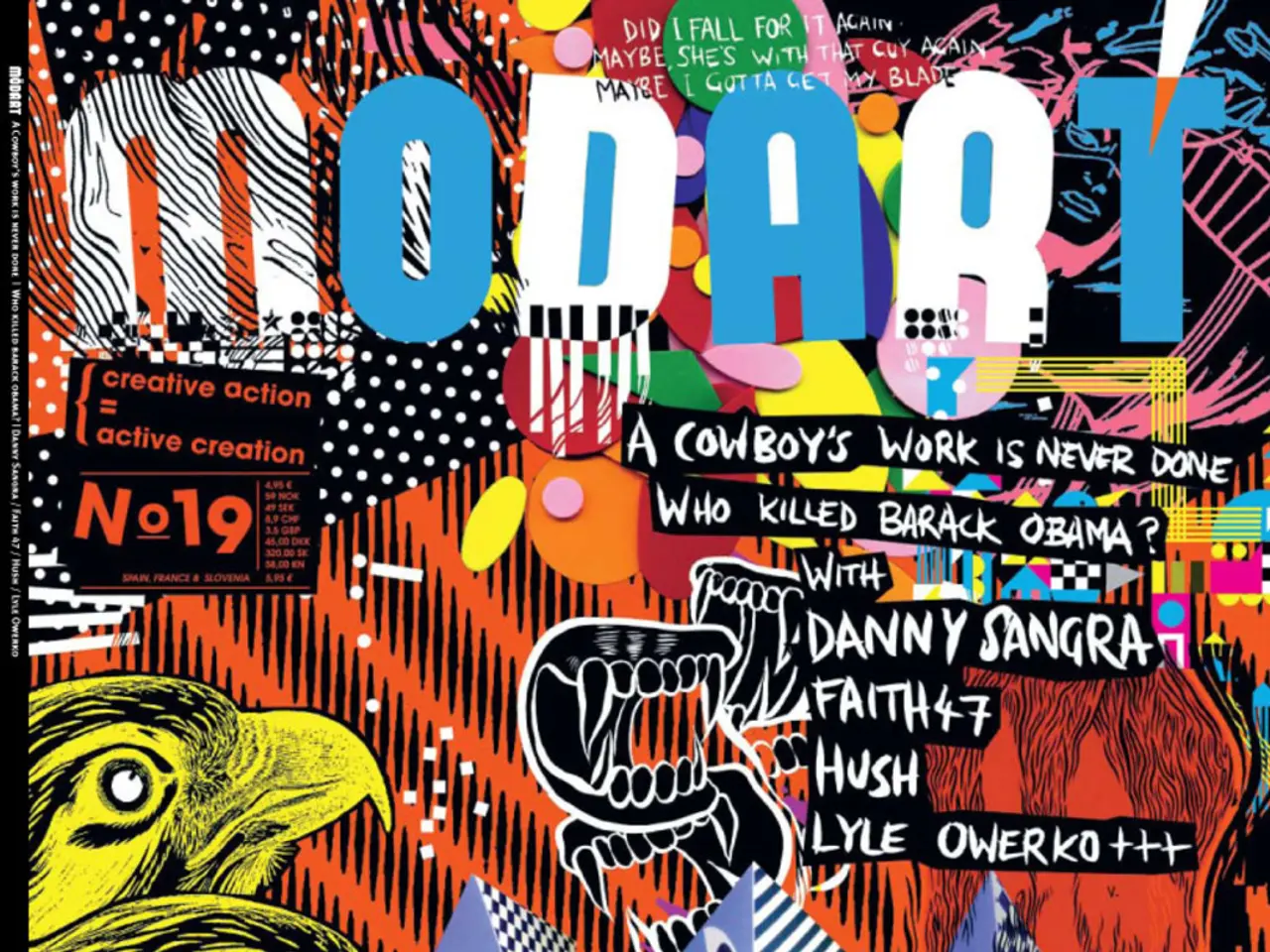Omani residents working diligently to preserve their traditional language through poetic expression and communal chants
In the mountains of Dhofar, a region nestled in the south of Oman, the ancient language of Jibbali (also known as Shehri) continues to thrive, despite facing the threat of extinction. This language, with its own unique syntax and grammar, has been preserved through cultural practices, linguistic documentation, and the support of the Omani government.
The isolation of the Dhofar region, bordered by the Empty Quarter and the Indian Ocean, has played a significant role in preserving the Jibbali language. Historically, the region was geographically separated, which helped maintain the language's purity and distinctiveness. Today, however, Jibbali remains largely absent from formal education and official records, underscoring the importance and urgency of documentation and revitalization efforts.
One of the key ways Jibbali is kept alive is through oral traditions such as poetry, chants, and cultural performances. These practices, passed down through generations, ensure that the language remains a vital part of community life. Researcher Ali Almashani, who has been documenting Jibbali, has combined both names, Jibbali and Shehri, in his research to find a middle ground.
A notable example of this can be seen in a recent poetry recital, where a group of young children expressed their preference for speaking Jibbali over Arabic. The poetry, with its archaic vocabulary and Semitic south Arabian origins, serves not only as a means of preserving the language but also as a tool for teaching it to the new generation.
To further secure a linguistic record, a 125,000-word dictionary is being compiled, with advanced technologies capturing nuanced sounds to record Jibbali's distinct phonetic characteristics. This dictionary, which includes translations into Arabic and English, is being developed in collaboration with Dhofar University, with the hope of receiving support from the institution.
The Oman Vision 2040 economic plan emphasizes heritage preservation, including endangered languages like Jibbali. This official recognition and support from the government are crucial for the continued conservation of the language. Despite its critical status, Jibbali remains a vibrant part of Omani culture, with parents continuing to speak their native language with their children, ensuring that the ancient language lives on.
However, it's important to note that not all ancient languages from Dhofar have been as fortunate. The language Bathari, originating from Dhofar, is nearly extinct, spoken by only three or four people. This underscores the critical need for continued conservation efforts to prevent the extinction of more endangered languages in Oman.
In conclusion, the preservation of the Jibbali language in Oman is a testament to the power of cultural practices, linguistic documentation, and governmental support. These combined efforts reflect a vibrant, although urgent, campaign to preserve the Jibbali language and ensure its continued survival for future generations.
- In the realm of education and self-development, researcher Ali Almashani's documentation of Jibbali strive to enlighten future scholars on this unique language.
- The fashion-and-beauty industry could highlight the traditional clothing and adornments of the Dhofar region, promoting the region's rich heritage and the Jibbali language.
- Food-and-drink establishments could incorporate distinctive dishes from the Dhofar region into their menus, providing a taste of the culture and potentially encouraging the use of Jibbali among patrons.
- In the realm of travel, tours focused on the Dhofar region could be tailored to showcase Jibbali villages, offering visitors a unique linguistic experience, in addition to beautiful landscapes.
- Pet lovers who adopt a cat or dog from the Dhofar region can participate in preserving the Jibbali language by teaching their pets a few words in this ancient language, contributing to its continued use and appreciation.




